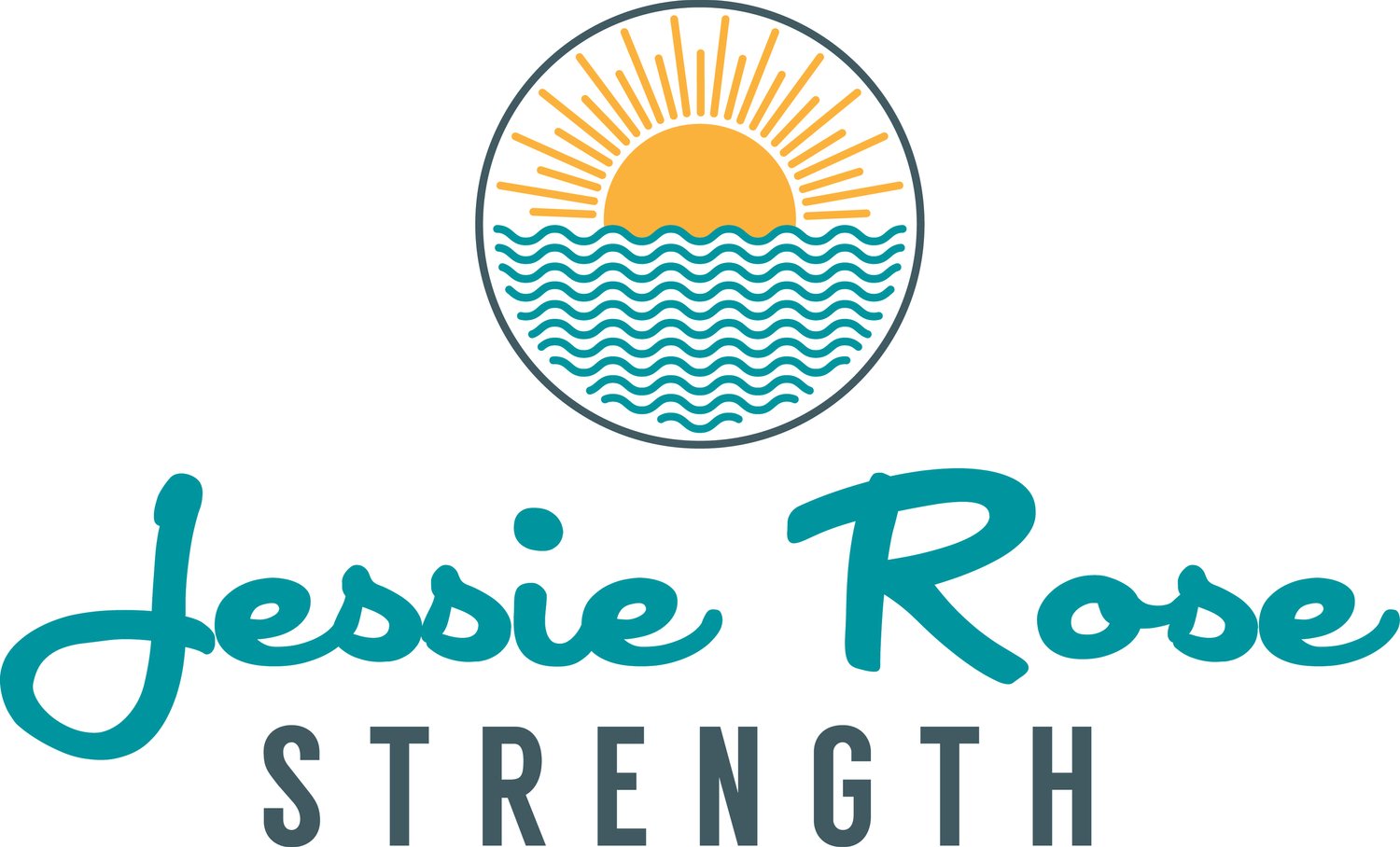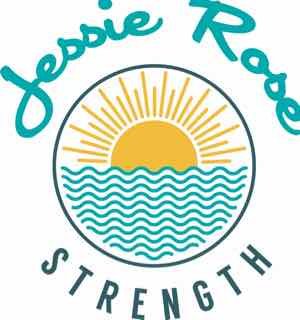One Milk to Rule Them All
“I don’t drink oat milk… I only drink oat milk….Is raw milk legal in California?… Dairy makes me gassy….Oat milk makes me bloated…Milk gives you strong bones…”
Ask five people what kind of milk they drink and why, and you will likely get five different answers, with at least three of them conflicting. Honestly, ask people what they eat and drink in general and this will likely be the case. The food landscape in our country is consistently conflicting and confusing, which is largely why my job even exists!
I have been doing a deep dive on the topic of milk lately and trying/re-trying different milks myself to see how my body responds and how they taste (mostly in my coffee, I’m not a big milk drinker otherwise).
Let’s start with some basics.
Raw vs. Pasteurized
Cow’s milk can be consumed raw or pasteurized. Raw milk is as it sounds, while pasteurized milk has been heated to destroy any possible present bacteria. There are many claims about the benefits of raw milk over pasteurized. Some believe that it is better for your bones, more nutritious, better for allergies, contains less lactose, boosts the immune system, and has more protein.
There are many studies that state none of these claims to be true. “Recent scientific reviews by various international groups have concluded that there was no reliable scientific evidence to support any of these suggested health benefits” (6). Pasteurization does not significantly change the nutrient value or digestibility of milk, does not significantly change the nutrient profile, does not change the lactose situation. It does, however, effect the risk of being exposed to “disease-causing pathogens” (5).
It is difficult to find resources in favor of raw milk that don’t come directly from the companies that sell it. I did, however, get the opinions of two reputable people on the subject. One, a nutritional biochemist, says that “raw milk is fine if you can tolerate it. It contains natural enzymes that homogenized milk doesn't have, but it can also contain bacteria. Like everything, It's person-dependent.” The other is an Ayurveda Health Counselor and she says, “there’s a whole lot of people and studies against (raw milk). But, cilantro and lettuce have e. coli outbreaks all the time and they aren’t banned from store or restaurants…Ayurveda considers it to be one of the most nourishing substances we can consume.”
What I find most interesting is that there is a lot of consistency from both the raw milk and pasteurized milk camps. It leads me to believe that there is truth on both sides and that each is trying to sell the most of their own milk. I did my own sampling recently and I found that I liked how I feel when I drink raw milk and that it froths up quite well for my coffee. I did get nervous about the possibility of it making me sick and that interfered with my enjoyment of it. I then tried whole, organic, pasteurized milk and that got a big NO from my body (dairy and I haven’t gotten on well, historically).
My best recommendation: take this information and go try for yourself! But not before you read on about the importance of organic vs non-organic sources of dairy.
Pasteurized Milk: Organic vs. Non-Organic
Pasteurized dairy milk can be a great choice, but the quality and source matters.
There are three big reasons to consume organic dairy: it is better for the environment. It is better for the cows: healthier cows need fewer antibiotics and if they do receive antibiotics, they are not long qualified to give organic milk. And it is better for humans: fewer pesticides used, higher nutritional value in the milk and less consumption of growth hormone and antibiotics. (1)
One of my favorite phrases is, “you are what your food eats”. Consuming animal products fed a diet most natural for them will support healthier animals, which results in healthier food and milk.
I don’t believe we need to buy all organic products, but rather prioritize it for certain foods and food groups. Organic dairy deserves a place high on the organic priority list.
Dairy vs. Non-Dairy Milk
The last category we will visit today is non-dairy milks. Once again, the most important factor here is quality.The biggest problems with non-dairy milks are added sugars, “natural” flavors (which are unregulated and mysterious), and fillers, such as guar gums and oils. It is important to read labels and find out what resides in your favorite non-dairy milk. One way to make it really simple is see if you recognize all the ingredients. (1)
Another important factor is your personal preference and motivation. Non-dairy milks may be ideal for anyone with environmental concerns, lactose-intolerance, or those who prefer a vegan diet.
Some non-diary milks also have a significant impact on blood sugar. You can read more about that here. You will also find a simple recipe to make non-dairy milk at home, should you feel inclined to try!
As you can see, when it comes to choosing a dairy or non-dairy milk, the quality is what matters most. Whether you choose dairy, almond, oat, coconut, etc. comes down to personal preference. I wish I could sit here and tell you with absolute certainty that there is one distinct BEST choice, but there is not. And again, this is true across the majority of our health and nutritional landscape. You get to take this information and be your own explorer. Go forth and adventure, milk drinkers!
It’s also worth noting that when you ask others what they drink and why, they are most often going to defend and promote whichever THEY choose for themselves. Understandably, we all want to feel like we are making the right choice, and often, when we are excited about that choice or how we feel making that choice, we are going to want others to do the same. But again, everyBODY is different, so take information to embark on informed experimentation and find out what feels best for you.
Good luck out there.
Resources:

